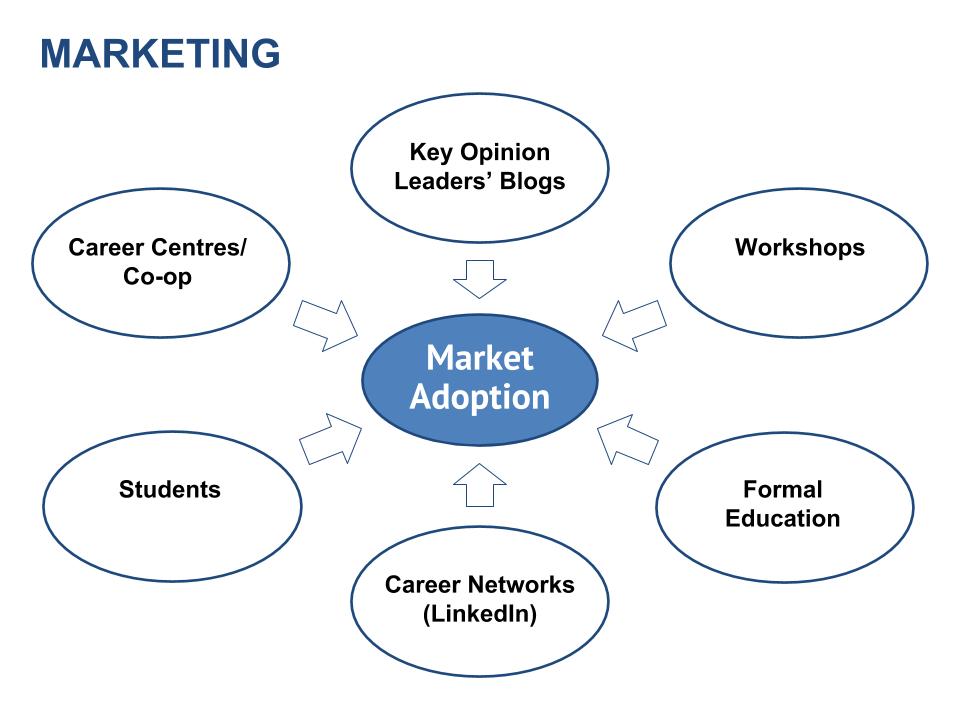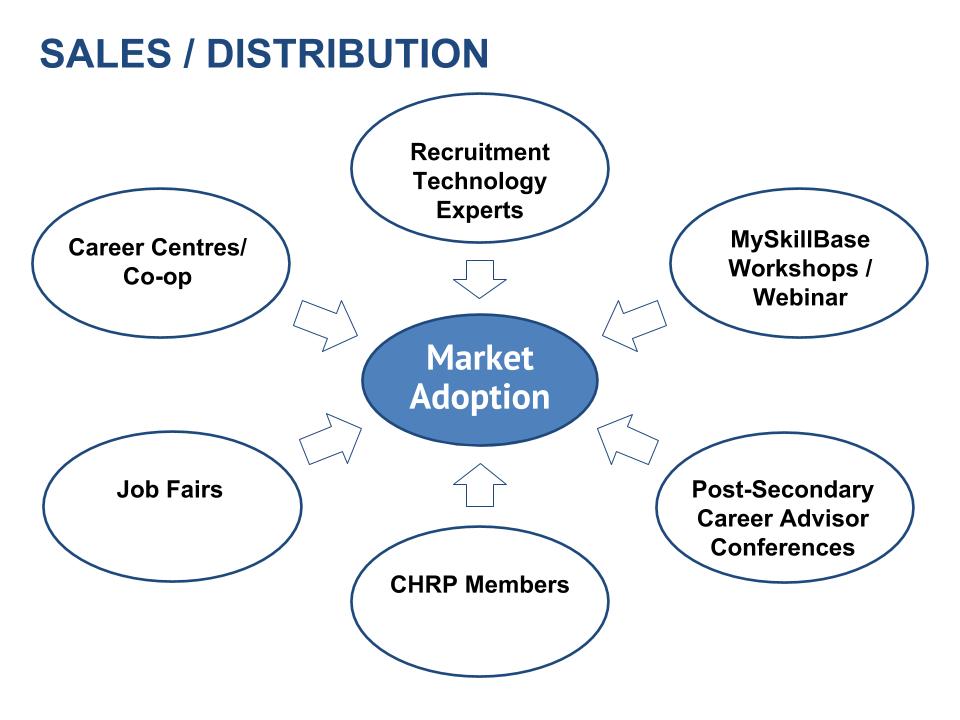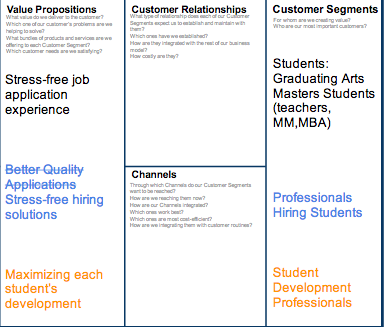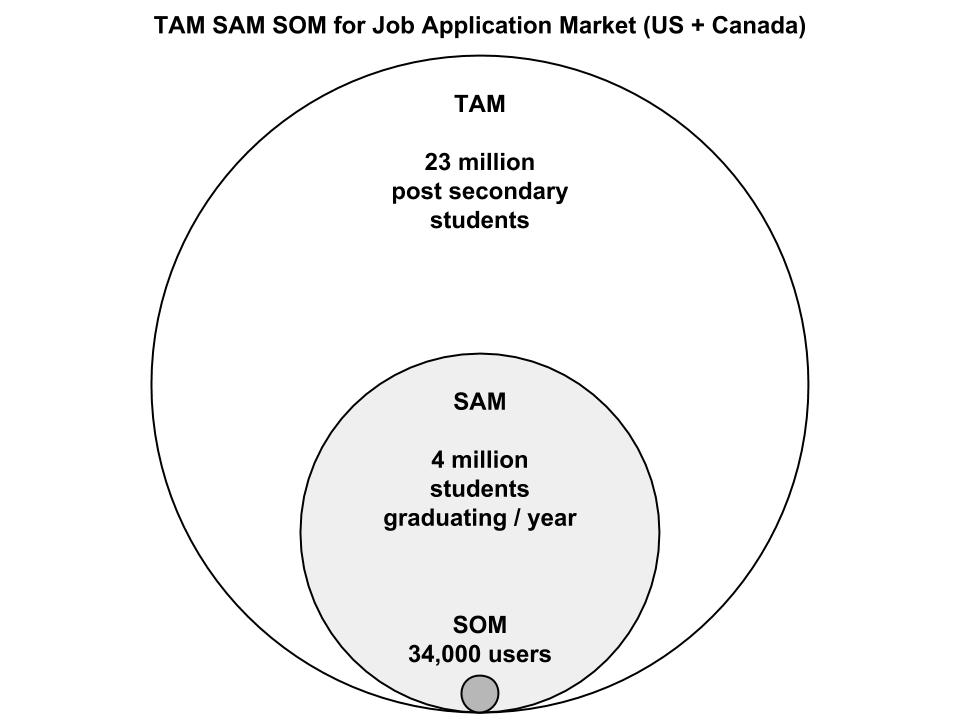Summary:
RC, a second year business student, has confidence in her resume writing skills. She thinks that her resume is pretty good and has effectively targeted a specific employer. In the past she has visited a career centre, but has found her new knowledge surpasses that which she gained from visiting an adviser. She is working on a resume for a job application and has based it on advice she has received from a contact already working for the company and example resumes.
She half-proved Hypotheses 1: she already knew about making accomplishment statements, but really wanted examples of effective ones to model her statements after. Hypotheses 2 and 5 seemed mostly wrong from this student’s perspective. Hypotheses 3 and 4 seems somewhat true, though she already does these things (gets her resume looked over and targets employer language in her resume) and doesn’t seem to be looking for extra help here.
She seems very well prepared, pulling out skills that employers want to see from job descriptions and brings them into her resume. Business students with more advanced training in resume writing do not seem to be in our target market, though the opportunities for help here are in providing valuable examples and allowing resume customization.
See here for the full script and notes





